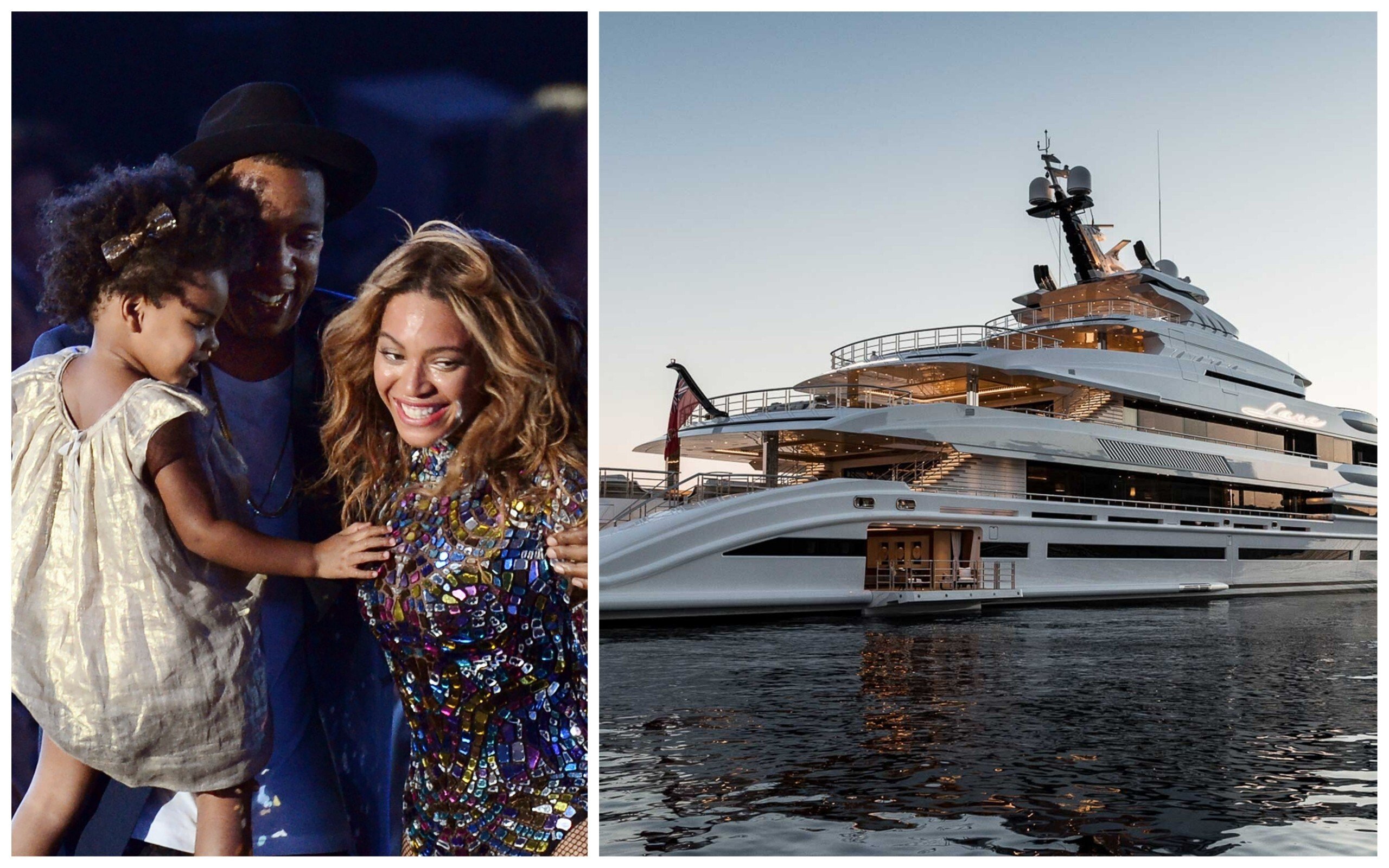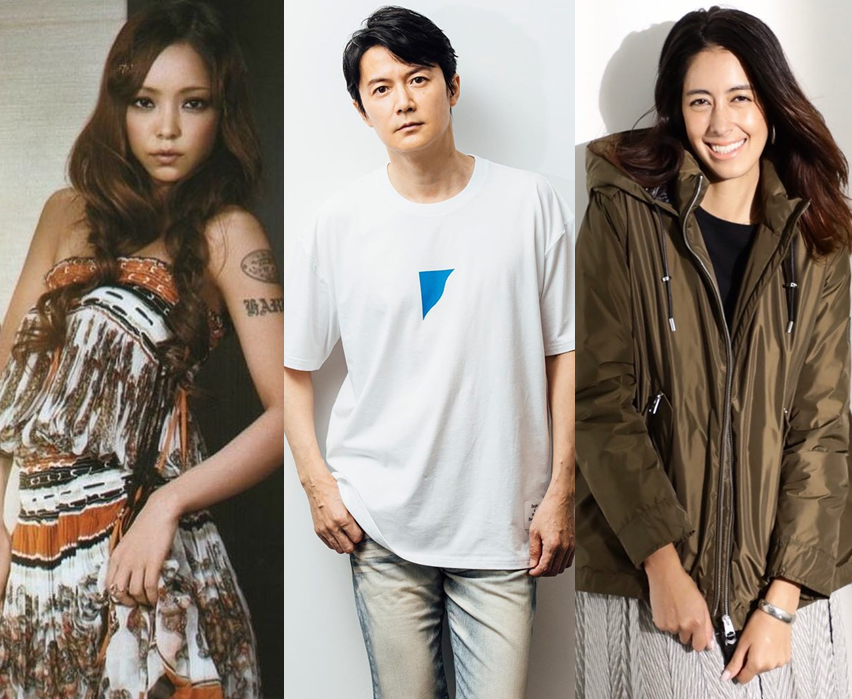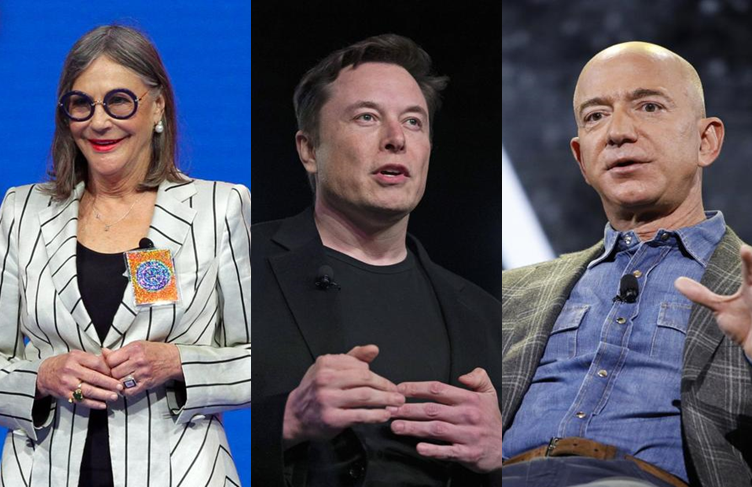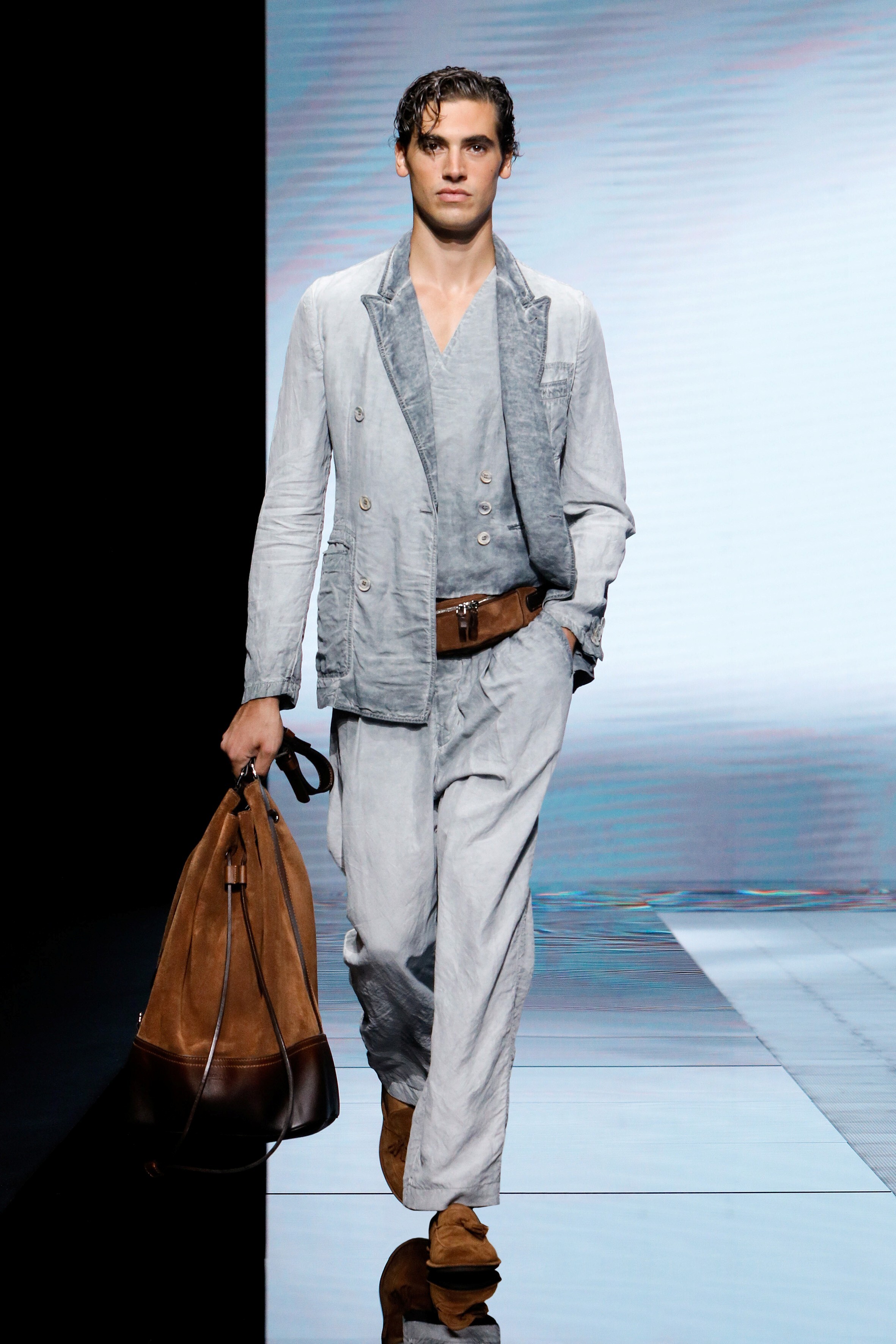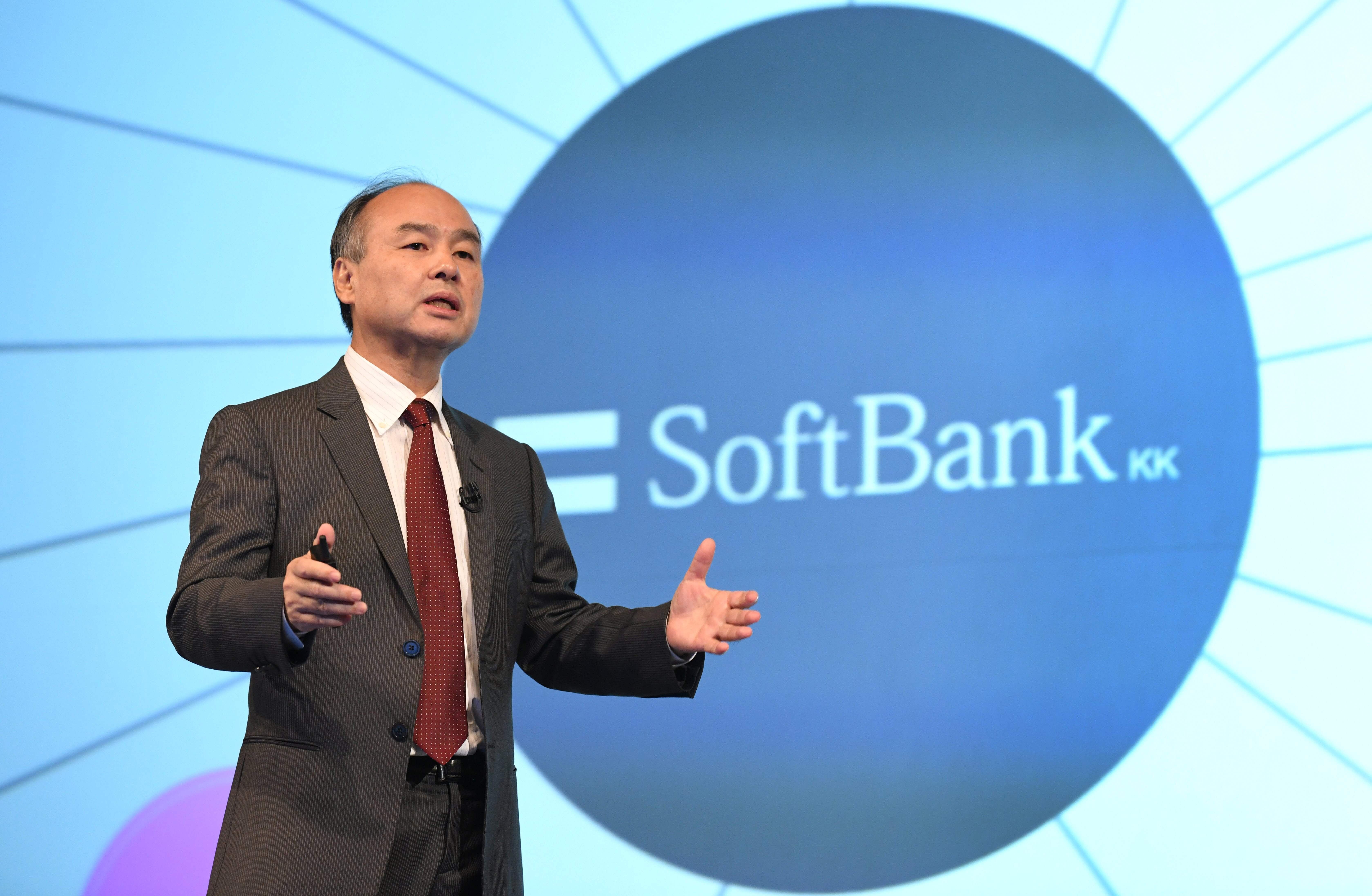Uniqlo CEO Tadashi Yanai promised to step down at 70 – now he’s 71 and wants Fast Retailing to become the world’s largest fashion chain – but what don’t we know about Japan’s richest man?
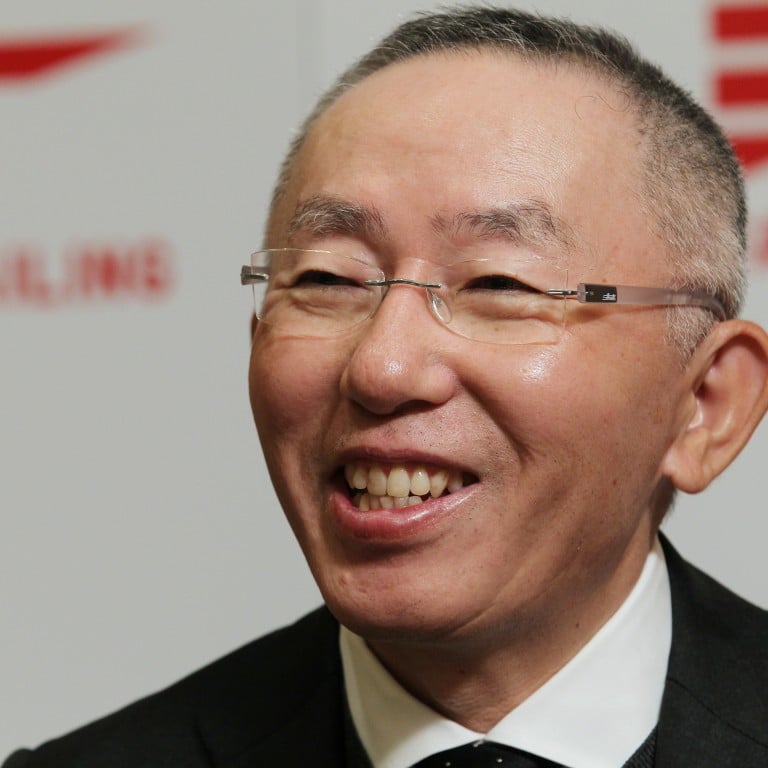
He’s obsessed with golf, put AI and mind-readers in his stores and says a woman should replace him when he steps down: what you should know about Japan’s richest man?
Meet Tadashi Yanai, the richest person in Japan, worth an estimated US$31.9 billion – and more than US$6 billion richer than the second-richest person in Japan, Takemitsu Takizaki, according to Bloomberg.
The 71-year-old’s fortune largely comes from his position as chairman, CEO and biggest shareholder (he owns 45 per cent) of Fast Retailing, the parent company of Uniqlo. So, how did he get there, and more importantly, what does he like to spend all that money on?
Fast Retailing is bigger than you think
Fast Retailing isn’t just the parent company of Uniqlo – it also owns several other brands, including Theory, Comptoir des Cotonniers and J Brand.

Still, Uniqlo remains the most successful brand in his portfolio. Yanai opened his first Uniqlo shop in 1984 and has since expanded the brand to almost 2,000 stores in more than 20 countries. Parent company Fast Retailing has a reported annual revenue of about US$20.8 billion as of August 2019.

Yanai was an influential member on the board of the Japanese holding company SoftBank for 18 years

Yanai once had a reputation for being one of the few people with as much influence as SoftBank CEO Masayoshi Son – but in December 2019, SoftBank announced that Yanai would be resigning from the board to focus on his fashion business.






